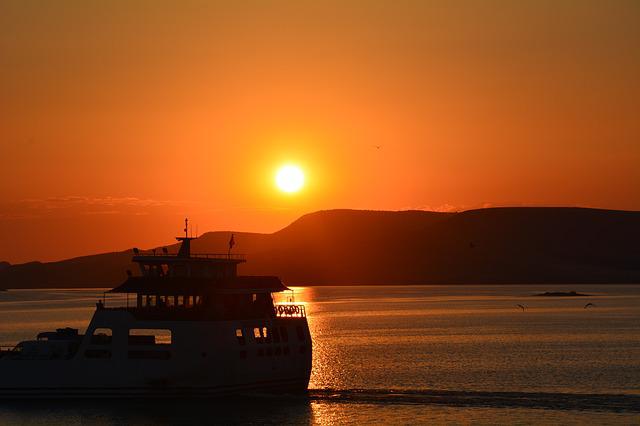
Cities and regions all over the world are constantly expanding the architecture of roadways to accommodate this increase in transport. However, the long and short term effects of these constructions are detrimental to the health and well-being of our ecosystem.
The city of Trondheim, Norway, and Zeabuz have partnered to provide a free, zero-emission, autonomous water ferry to the tourists and citizens of the city to help solve the over-congested transport issue.
With an estimated 1.4 billion vehicles on the roads as of 2018, cars are becoming a necessity for many households for transportation. Cities and regions all over the world are constantly expanding the architecture of roadways to accommodate this increase in transport. However, the long and short term effects of these constructions are detrimental to the health and well-being of our ecosystem. Evidence of this is apparent in the high mortality, population decline, pollution and habitat fragmentation of affected animals. While it is not feasible to expect everyone to stop driving all together, alternative solutions must be implemented to offset the environmental costs of transport increase.

The city of Trondheim, in central Norway, has partnered with the Norwegian Institute for Science and Technology on their new firm, Zeabuz, to solve this problem. The canal in Trondheim was opened for use in 1884, but ever since the two lifting bridges for cars were decommissioned, citizens must walk 15 minutes to reach the other side. Trondheim and Zeabuz have partnered to provide a free, zero-emission, autonomous water ferry to the tourists and citizens of the city.

With just the press of a button, passengers on either side of the canal can call for the boat, fitting up to 12 passengers, which will take them across the water in a mere 60 seconds. When the boat is docked and not carrying anyone, it is able to charge electrically. Zeabuz's ferries use cameras and sensors to scan for obstacles, while a navigation system oversees the speed and direction of the ferry. By offering this water taxi as a free public service, the city hopes to decrease road traffic and encourage more pedestrians. By utilizing the already existing waterways in the town, Trondheim is eliminating the need for unnecessary expansion regarding roadway infrastructure and providing harm reduction to the surrounding wildlife.
This alternative to land transportation is a resourceful solution to traffic congestion. Without a driver or any crew there, space, energy and time is optimized so these ferries can run as efficiently as possible. Trondheim’s innovative water taxi system has encouraged many large waterside cities like New York City, London and Bangkok to reinvent the way citizens travel via water channels. Here at Eco Four Twenty we believe in the importance of an eco-friendly reinvention of the wheel. Taking an underutilized form of transportation and utilizing existing waterways is an ingenious model more cities should make an effort to follow in.

CLICK TO SHOP OUR LINE OF ECO-FRIENDLY PRODUCTS
